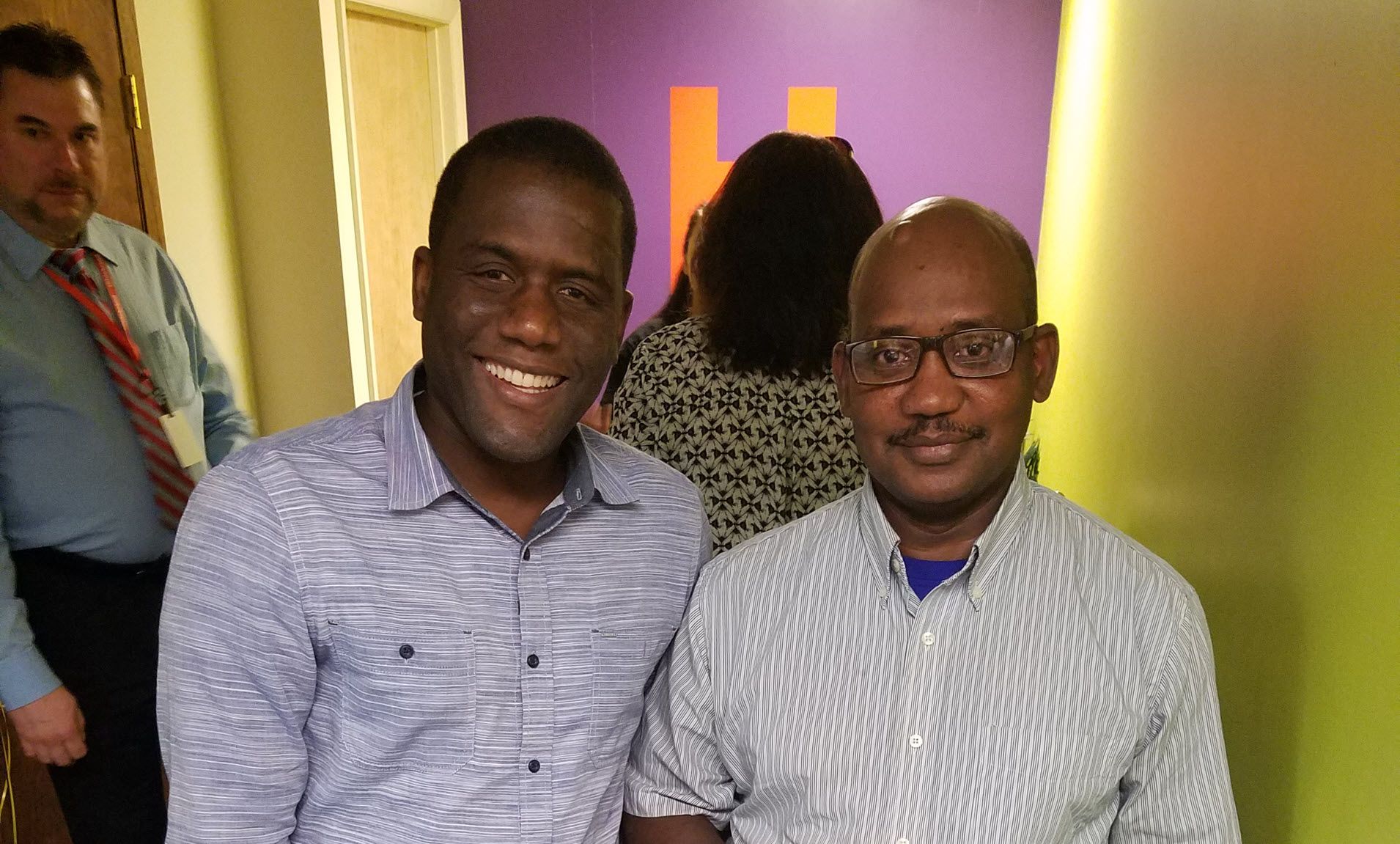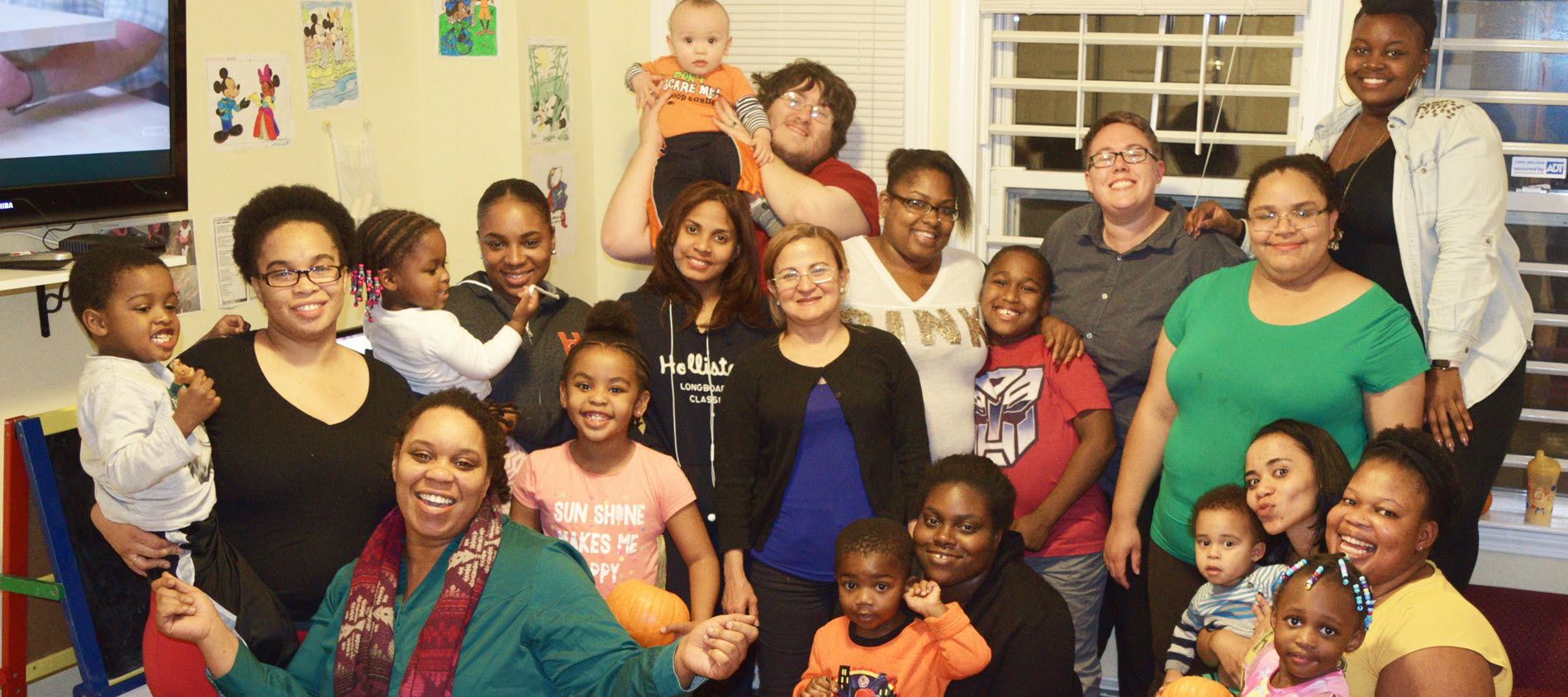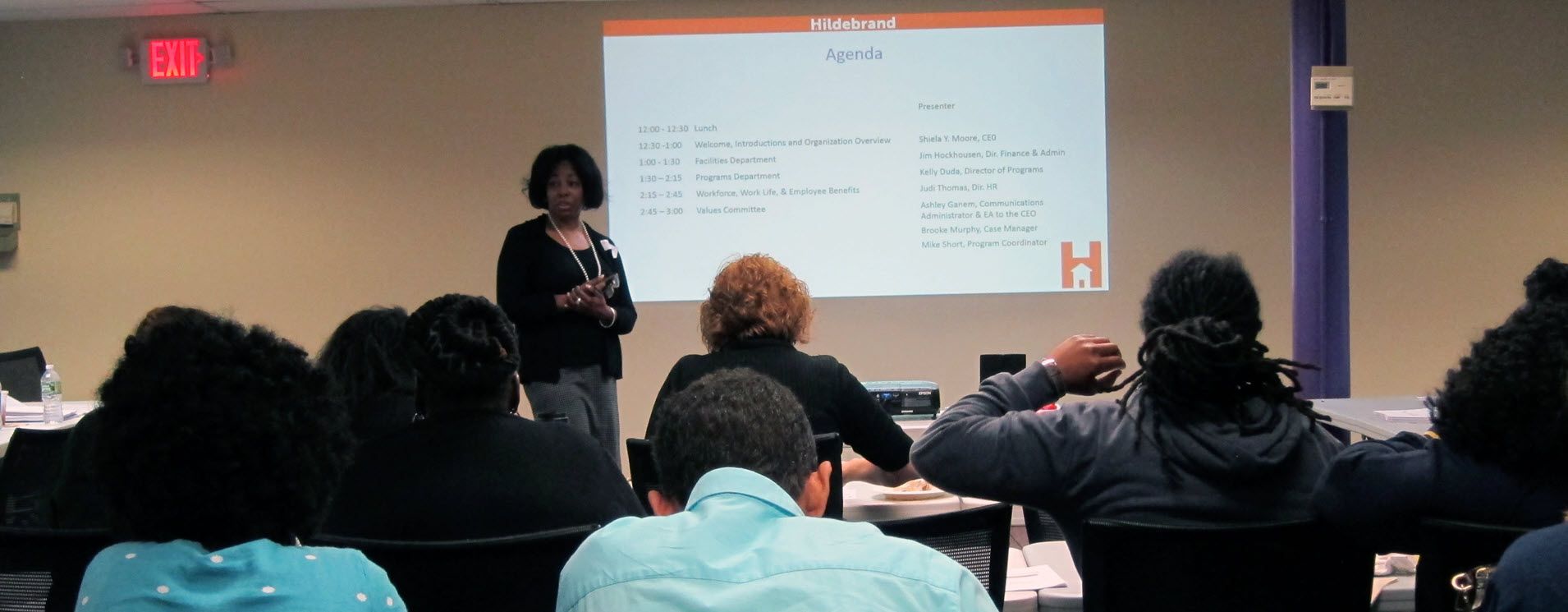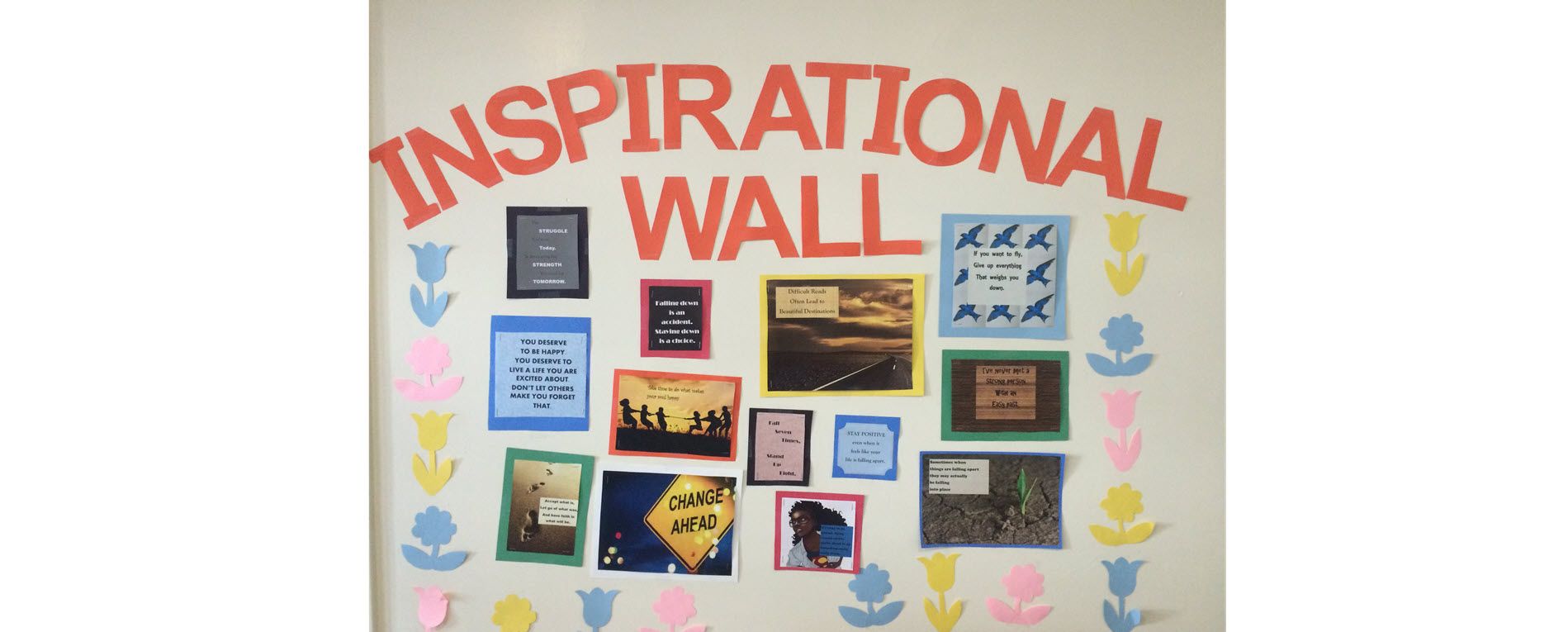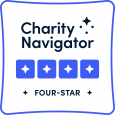Since Shiela Y. Moore has taken over as CEO of Hildebrand, she’s worked diligently to improve our infrastructure. Hildebrand has grown exponentially under her leadership, from a 40 person team to 70 employees, 99 units of shelter to 126 units, and increased the permanent housing capacity to 11 units. Last year, Shiela, the Board of Directors, and Senior Management shifted Hildebrand’s focus and went through a rebranding process to ensure the organization has a more accurate and adequate representation. Along with rebranding, the Board of Directors (BOD) and Senior Management (SM) collaborated to refine the organization’s vision, mission, and values.
Our Mission:
Hildebrand partners with families experiencing homeless¬ness. We endeavor to break the cycle of homelessness by providing shelter, permanent housing, training and work readiness programs, and life skill development. We restore hope and build brighter futures.
Our Vision:
Every family has a home.
Pre-Established Values:
- Shared Vision & Mission – Ensuring that everyone is an empowered stakeholder.
- Organizational Sustainability – Maintaining a financially stable organization that provides opportunities for future growth and development.
- Family Centered Approach – Partnering with families to engage in a relationship with clear expectations, mutual respect, accountability, and compassion.
- Creativity & Initiative – Promoting an environment where new ideas thrive, innovative solutions can emerge, and compelling results are recognized.
- Appreciation & Respect – Validating staff efforts and situation.
- Positive, Professional, Team Environment – Managing practices which promote a thriving workplace through a leadership team that advocates for and engages with all levels.
In February, the entire staff participated in a meeting facilitated by consultant Roosevelt Smith, in which we broke out into seven groups and developed 3-5 values each that followed the phrase “Hildebrand is at its best when.” In addition, we had fun with roleplay and a little friendly competition between the small teams, and discussed how the new vision and mission statements will impact organization goals, culture, roles and our approach to working with families. The goal of the meeting was to then review the values each group developed and discover the degree to which they aligned with those as drafted by the BOD and SM. Unfortunately, we ran out of time, so Shiela created a committee of volunteers, headed by me (Ashley Ganem), to complete this task.
Twelve (12) staff members from various departments and two clients volunteered to sit on this Values Committee (VC) to complete the great work we began in February. Over a three month period, the committee reviewed the values each breakout group developed to analyze which ones matched up with the Board and Senior Management pre-established values and discover any outliers.
While the BOD and SM created a great foundation, after carefully reviewing the values from the All Staff Meeting, the VC found some improvements could be made. Kate Healey, the Residential Manager of Morse House (at the time), wanted to incorporate the Family-Centered Approach throughout the values. She suggested that if we truly believe everyone is an empowered stakeholder then we should remove the “us” (staff) and “them” (clients) dynamic present within the pre-established values. Thus, the VC made it a point to use more inclusive language. “We wanted to be clear that our family-centered approach encompassed the working relationship between staff and clients, as well as between coworkers. For a family structure to work functionally, members must trust one another to fulfill their responsibilities, respect the work, and appreciate the effort” said values committee member and case manager, Brooke Murphy.
Organizational Values
Hildebrand’s culture is one in which staff, clients, collaborators, and supporters embrace its mission and vision. Together, we hold a set of values that enable the empowerment of its stakeholders and ensure the success of the organization. We value:
- Organization Sustainability – Maintaining a financially stable organization that provides opportunities for future growth and development.
- Family Centered Approach – Partnering with families and staff to engage in a relationship with clear expectations, mutual respect, accountability, and compassion.
- Creativity & Initiative – Promoting an environment where new ideas thrive, innovative solutions can emerge, and compelling results are recognized.
- Appreciation & Respect – Validating client and staff efforts and situations
- Positive, Professional, Team Environment – Maintaining practices that promote both a thriving workplace and a supportive environment for families.
- Communication – Promoting active and effective communication between all levels of the organization.
- Advocacy – Working towards solutions that address poverty and homelessness by developing the advocacy skills of clients and staff.
When the VC reviewed the pre-established values, it became clear that having a Shared Mission & Vision was an organizational goal, one we can achieve through our values. Thus, Shared Mission & Vision became an introduction to our goals, which, in turn, moved Organizational Sustainability to the forefront. We then made sure that Family Centered Approach, Appreciation & Respect, and Positive, Professional Team Environment included both staff and clients. It was important to use this inclusive language because the majority of our staff (more than 60%) work within a living space.
Communication was the first addition to the values, which came about as a result of two things. First, during the breakout groups from the February All Staff Meeting, one group, team name “Dream Makers” lead by Kelly Duda, Director of Programs, wrote, “Hildebrand is at its best when communication happens.” As the sole communications staff member, I was obviously drawn to this observation. However, it was when I met with Tara*, one of the clients on the VC, who echoed that statement. She suggested that having open lines of communication with both staff and other families was essential to a family’s success within the congregate living programs.
The families living in shelter are human and oftentimes things occur that are beyond their control. By keeping staff informed whether they got out of work late and missed or a child is sick in the hospital and they need to stay there overnight, they won’t receive a house violation. Tara works as a nurse and often leaves the house before 6:00 AM, if she needs help with her children, she can ask one of the other mothers. The same applies to our staff. If someone knows that a client is going to be late or going through a difficult time, informing their relief or the residential manager ensures consistency.
The VC was most passionate about our final addition, Advocacy. First and foremost, advocacy is something we already do; adding it to the organizational values brings to it light and structure. As an organization, clients advocate for themselves within state agencies, and with their case managers and the Assistant Directors of Programs. In June, Homes for Families held an advocacy workshop wherein MassVote held voter registration. Morse House also held voter registration. Advocacy doesn’t end with clients. Staff advocate for clients with landlords, other Hildebrand staff, housing authorities, educational institutions, medical professionals, childcare, and more. Staff also advocate for better benefits through annual reviews, supervision, and department meetings.
The VC brought together a passionate group of people dedicated to the great work we do at Hildebrand. Out of this passion came the creation of an employee engagement committee, HAC (Hildebrand Ambassador Committee). HAC is an interdepartmental committee whose purpose is to uphold the organizational values through employee engagement. The committee has been opened up to those beyond the VC who’re just as passionate.
Special thanks to Values Committee members Doris Beechman, Raychelle Burwell, Tunji Clary, Ashley Ganem, Kate Healey, Marc Jean-Jacques, Linda Jeong, Deborah Lovell, Lyndsey McMahan, Brooke Murphy, Meaghan O’Donnell, Mike Short, and our two clients.
*Name changed for confidentiality




